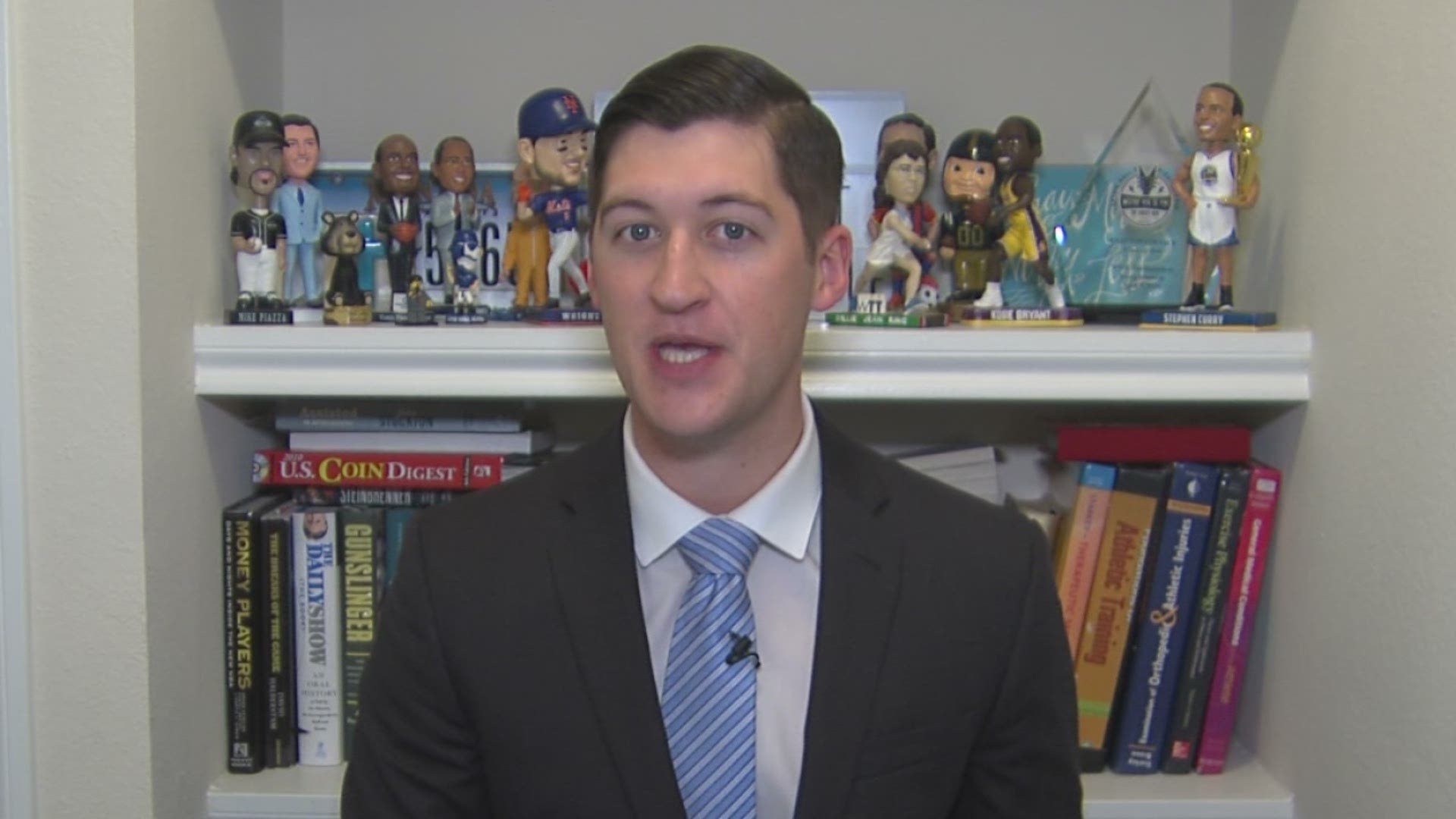MEMPHIS, Tennessee —
Earlier this week, the NCAA granted spring athletes an extra year of eligibility after their seasons were cancelled. The ruling was a welcomed decision, but also presents a number of challenges.
The NCAA made the right call, now it's up to the universities to figure out the rest.
"You kind of peel the layers back, and go, out of my six seniors, five are graduating, so academically, which way do they go?" said Daron Shoenrock, University of Memphis Head Baseball Coach.
The financials will also play a big part. Most spring student-athletes across the country are not on full, or even half, scholarships.
"Most college baseball players had a family behind the scenes, or high student loan debt, to take care of what the scholarship doesn't, so these kids have to make some financial decisions," Shoenrock explained.
Major league baseball will likely hold a significantly shortened draft this year. With that chance dashed, the Tigers’ 6 seniors shot at pro ball may not come until next year.
"There's a few of them that have that thought of, if I come back and perform again, that pro opportunity might still be there."
Opportunity, money, grades aside, there is a burning desire not to end their college careers, on such an unceremonious note.
RELATED: Everyday Sports: Memphis Edition
"None of them liked how it finished. But now they have to sort through some things of ‘do I move on with life?’ This senior class was providing tremendous leadership and so we've got a lot to work through."
Schoenrock said if his six seniors want to return, there will be a spot for them. The financials get a little more complicated. The NCAA granted eligibility and roster space, but the bill for the extra scholarships stays with the universities.

